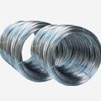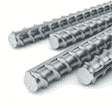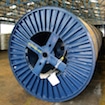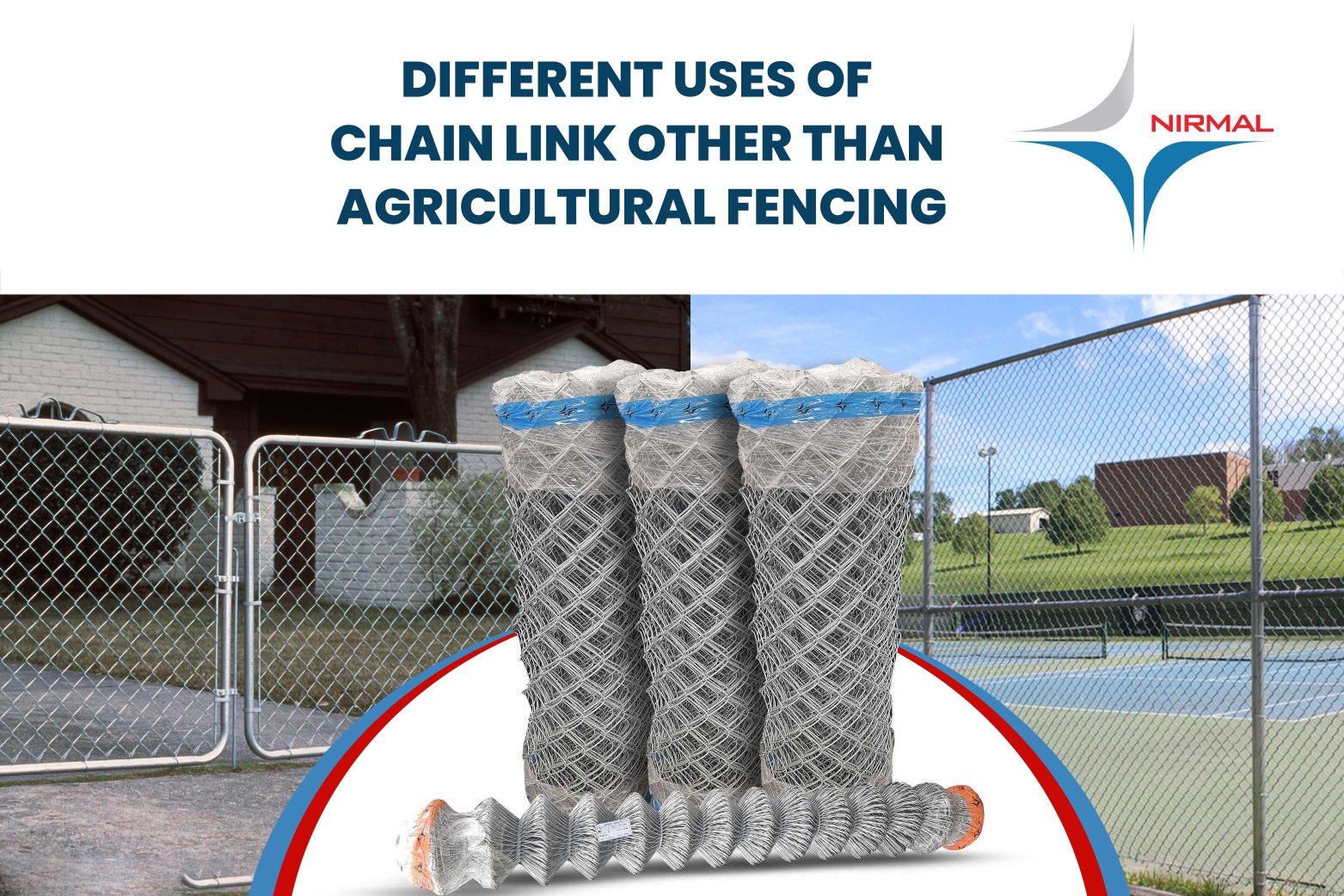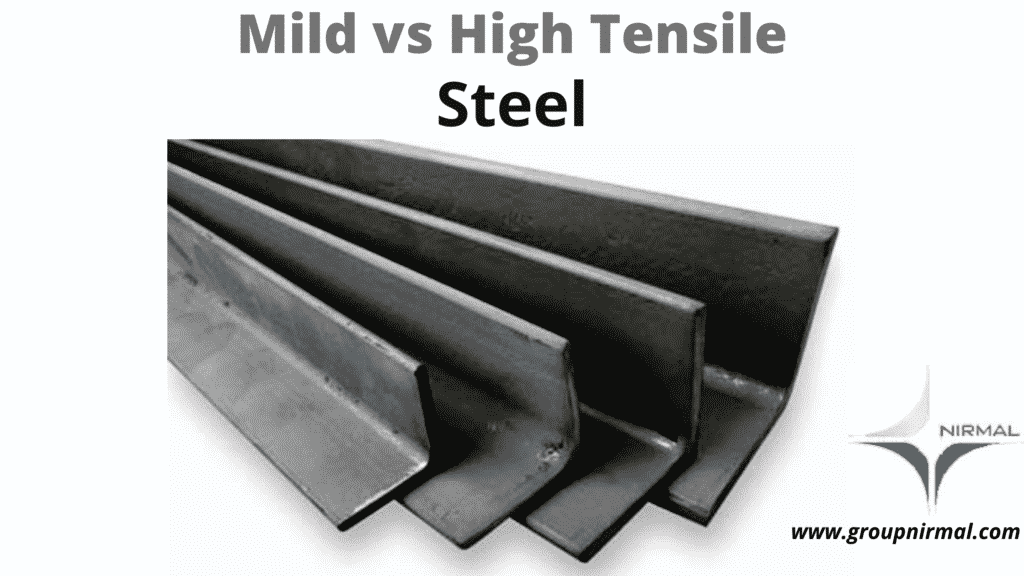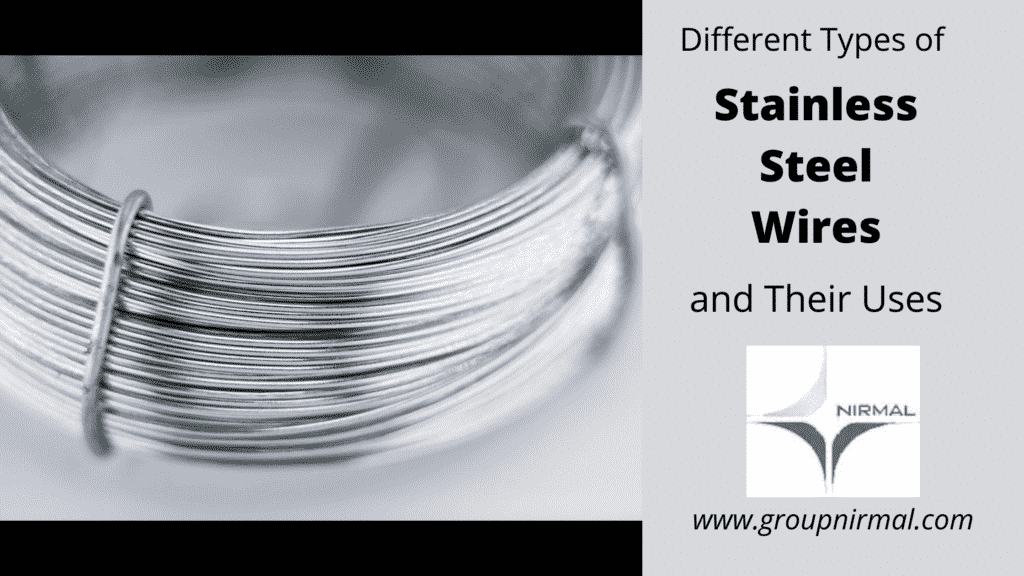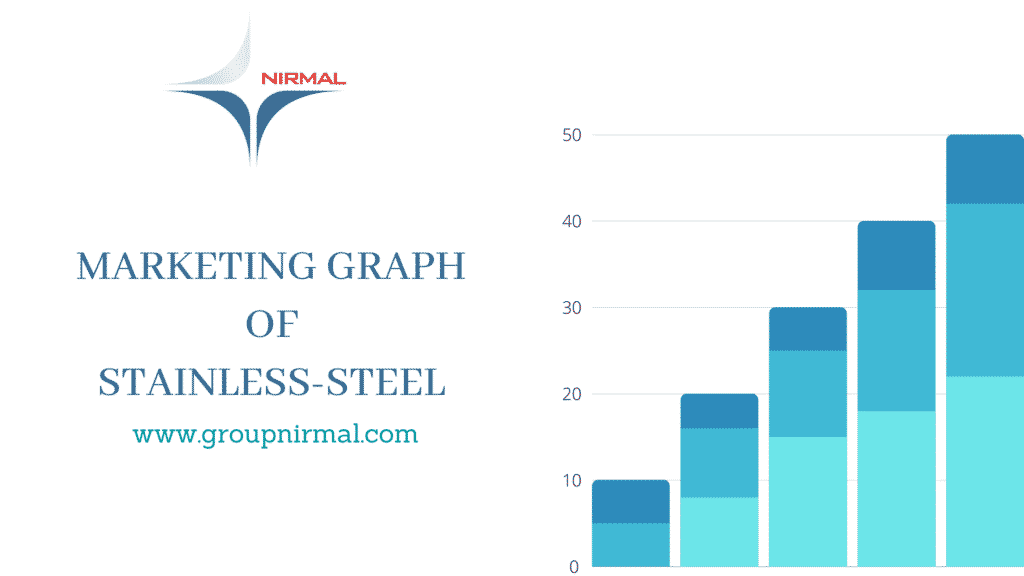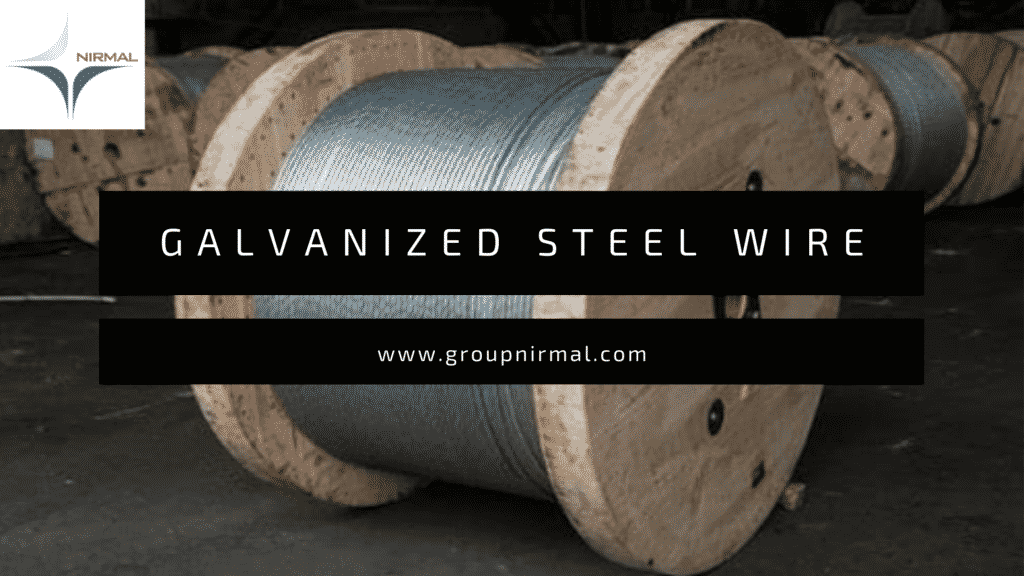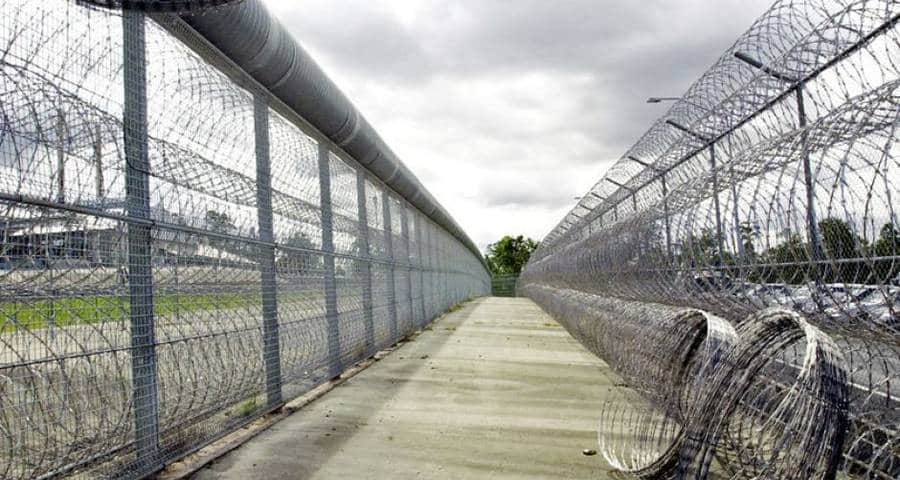Chain Link Fences are a type of fencing made from interconnected metal wires, typically coated with galvanized zinc to prevent rusting. The mesh pattern of the wires creates a sturdy, yet open fence that can be used for various purposes such as separating property lines, securing areas, or containing pets.
The history of chain link fences can be traced back to the late 19th century when a woven wire fence was patented by an Ohio businessman named Joseph F. Glidden. He later improved upon the design by adding a wire-wrapping process that made the fence stronger and more durable. Over the years, chain link fences have become increasingly popular due to their versatility, affordability, and ease of installation. Today, they can be found in a variety of sizes and styles and are commonly used in both residential and commercial settings.
Benefits of Chain Link Fences:
Chain Link Fencing offers several benefits, including:
Affordability:
Chain Link Fencing is one of the most cost-effective fencing options available, making it a popular choice for many people.
Durability:
Made from strong, galvanized metal, chain link fences are designed to withstand harsh weather conditions and last for many years.
Versatility:
Chain Link Fences can be used in a variety of settings and applications, including residential, commercial, and industrial properties.
Ease of Installation:
Chain Link Fences are relatively easy to install, making them a great option for DIY projects or for those who want to save money on installation costs.
Low Maintenance:
Chain Link Fences require very little maintenance and can be cleaned easily with soap and water.
Security:
Chain Link Fences provide a good level of security while still allowing visibility, making them a great option for many businesses and homes.
Environmentally Friendly:
Chain Link fences are made from recyclable materials, making them a more environmentally friendly option than some other types of fencing.
Multiple Uses of Chain Link Fencing:
Chain link fencing wire is a highly versatile and sturdy product that can be utilized for various applications. Its strength and durability make it an ideal choice for various settings. In this blog post, we’ll highlight the top uses of chain link fencing wire. If you need a dependable fencing solution, consider the benefits of chain link fencing wire.
Residential Uses:
Residential use of chain link fencing wire is one of the most widespread applications of this product. It provides a secure barrier around homes and properties to protect children and pets, while also serving as a deterrent to burglars and intruders. The interwoven wire of the chain link creates an effective barrier, blocking unwanted views and reducing noise, particularly in urban areas or near busy roads.
Commercial Use:
Chain link fencing wire is frequently utilized for commercial applications, providing security for businesses and office complexes, storage areas, parking lots, and other commercial properties. It is also used to divide warehouse and industrial spaces. The sturdiness of chain link fencing makes it a suitable option for commercial use, as it can endure heavy usage and provide long-lasting security.
Decorative Uses:
Decorative fencing refers to fencing that serves not only a functional purpose but also an aesthetic one. This type of fencing can add visual interest and character to a property and enhance its overall appearance. Decorative fencing can be made from a variety of materials, including wood, wrought iron, and vinyl. Some popular styles of decorative fencing include picket, lattice, and ornamental. Decorative fencing can be used for both residential and commercial properties and can be customized to match the existing style and architecture of the property. Additionally, decorative fencing can be used to create privacy and separate areas within a property.
Govt. Uses:
Chain link fencing is widely used by government organizations for various purposes. This type of fencing provides a strong and durable barrier that is ideal for securing government properties and facilities. Chain link fencing can be used to define the boundaries of government buildings, secure parking lots, and protect sensitive areas from unauthorized access. Additionally, chain link fencing can be used in parks and recreational areas to keep visitors safe and to separate different areas within the park. The low maintenance requirements and versatility of chain link fencing make it a popular choice for government organizations looking to secure their properties.
Sports Uses:
Chain link fencing is commonly used in sports facilities for several reasons. Its strength and durability make it an ideal choice for perimeter fencing, helping to keep athletes and spectators safe. Chain link fencing can also be used to secure playing fields, such as soccer and baseball fields, and to define the boundaries of tennis and basketball courts. Additionally, chain link fencing can be used to create barriers between different areas within a sports facility, such as separating the playing field from the stands or the entrance from the parking lot. The low maintenance requirements and cost-effectiveness of chain link fencing make it a popular choice for sports organizations and facilities.
Conclusion:
Chain link fencing is a versatile and cost-effective solution for a wide range of applications. It is commonly used for residential and commercial properties, government organizations, sports facilities, and agricultural settings. Chain link fencing provides a strong and durable barrier that can help secure properties, define boundaries, and separate areas. In addition to its practical benefits, chain link fencing can also be customized for decorative purposes. The low maintenance requirements and versatility of chain link fencing make it a popular choice for those looking for a reliable and cost-effective solution for their fencing needs.

